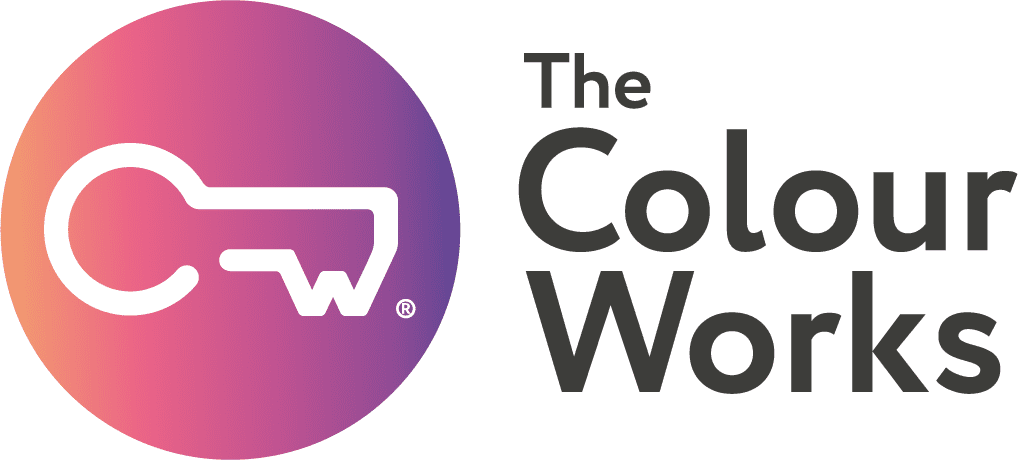Emotional Intelligence Requires Maintenance

Like many things in life, some people are simply born with a high level of Emotional Intelligence. For the rest of us, it needs working on. Whether it’s innate or learnt, we ALL need to nurture our EQ if we want it to blossom.
Emotional intelligence can be strengthened over time with commitment and discipline. But those who most need to develop it often realise this too late, if at all.
Here are some telltale signs that you need to work on your emotional intelligence:
- You get impatient and frustrated when, from your point of view, others aren’t getting to the point quickly enough.
- You’re surprised when others react sensitively to your comments or jokes, and you think they’re overreacting.
- You think being liked at work is overrated.
- You weigh in early with your opinions and stand behind them no matter what.
- You hold others to the same high expectations you hold for yourself.
- You find others are to blame for most of the issues on your team
- You find it annoying when others expect you to know how they feel.
What It Means to Be an Emotionally Intelligent Person
Emotional intelligence has to do with a person’s ability to recognise, understand, and manage his or her own emotions and, therefore, the same of others. Emotions can help us solve problems and guide our relationships, both at home and at work.People with high EQ tend to:
- Successfully manage difficult situations
- Express themselves clearly
- Gain respect from others
- Influence other people
- Keep cool under pressure
- Recognise their emotional reactions to people or situations
- Know how to say the “right” thing to get the right result
- Manage themselves effectively when negotiating
- Manage other people effectively when negotiating
- Motivate themselves to get things done
- Know how to be positive, even during difficult situations.
So? How DO I Feed My Emotional Intelligence?
-
-
Look inside and become more self-aware
Some people think that they’re good at everything. Others constantly underestimate their strengths. It’s difficult to know yourself, and it’s not a small job by any means. At The Colour Works we use theInsights Discovery® colour model and profiles to give our people an engaging, reinforcing and transformational insight into themselves and others.
-
Discover your inner passions
Some of us are lucky enough to say that they truly love what they do. A large majority, however, may feel stuck in a rut or dissatisfied in some aspect of their working life. Few people strive to do the kind of work that really excites them.With the right amount of planning, you can do it.
-
Express yourself – thoughts, feelings and beliefs
Knowing how to express your emotions can often help you in managing them. Bottling makes for a very lonely life; the beauty of this existence lies in the relationships we uncover and build on with those around us. Without revealing your true nature and becoming vulnerable, how will anyone know who you really are? There is a middle ground of course – not everyone wants to know your innermost everything. Aim for assertiveness . You need to practise letting the right people, at the right time, know where you stand.
-
-
Having looked inside, reach out
Increasing your ability to empathise can help you get closer to others, win their support when you need it, and defuse potentially high-charged situations. By showing another person that you really understand where he’s coming from, you gain a certain level of respect. You demonstrate, for example, that you’re not self-centered. Start by paying more attention to others. Listen carefully to both what they’re saying and what they want you to hear. Actively being more socially responsible – demonstrating that your care for others extends far and wide – can also build on the empathy you’re trying to develop.
-
Practise flexibility
Everyone has routines and set ways of doing things, some far more than others. For a society to run efficiently, it needs a certain amount of rules and regulations. However, individuals, societies and businesses, too, can experience problems when you get stuck in a rut and become inflexible to change. By being too rigid you miss out on opportunities for growth and success, fall behind in learning new techniques and approaches, and tend to deal with personal and work problems in the same, sometimes unproductive, ways.




